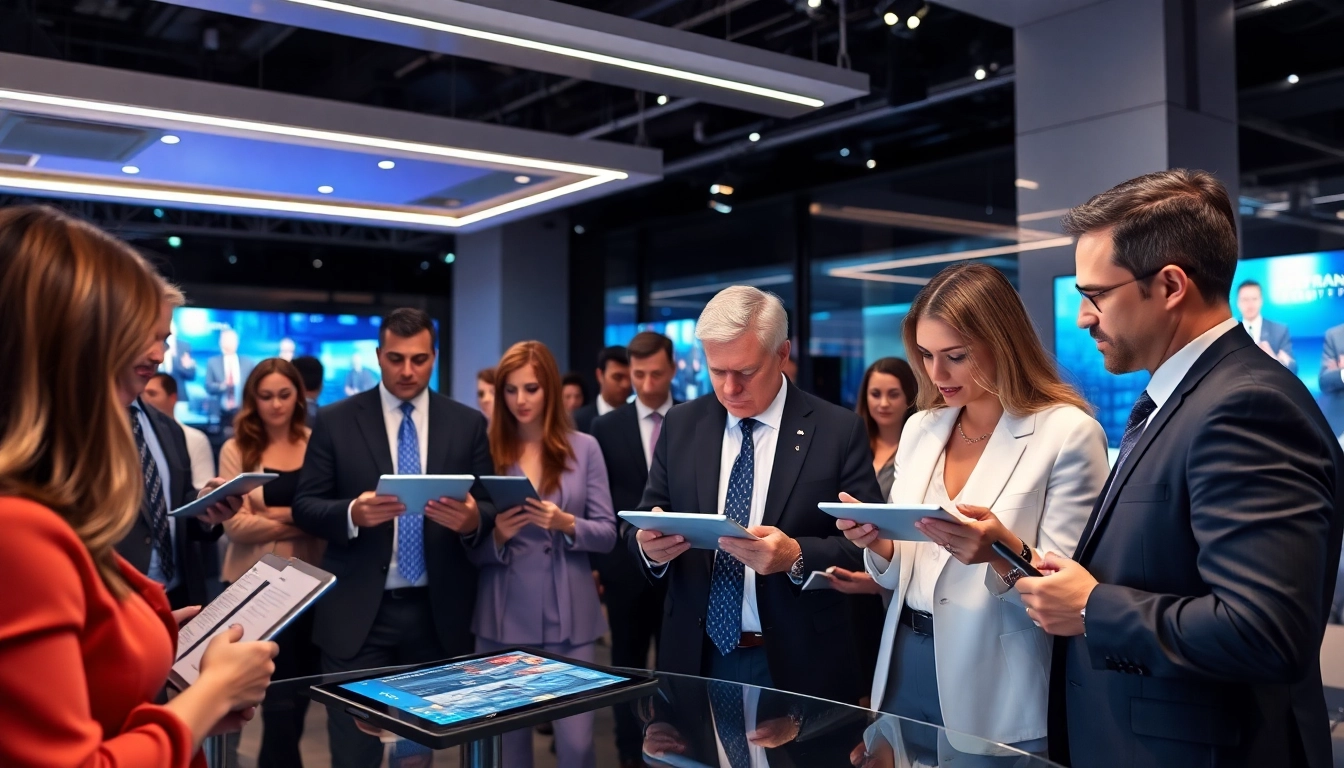Understanding the Landscape of Political News Today
In an increasingly interconnected world, political news plays a pivotal role in shaping public perception, influencing policy decisions, and molding global discourse. From the corridors of power in Washington to the streets of emerging democracies, political developments dominate headlines and inform citizen engagement. As digital platforms revolutionize how information is disseminated, staying abreast of the latest political updates demands strategic awareness and critical evaluation. For those seeking reliable insights, exploring how major events and influential figures drive conversations becomes essential. For comprehensive coverage and analysis, Political News serves as a vital resource, providing up-to-date information grounded in fact and context.
Major Events Driving Global Political Discussions
Several key events shape the current global political landscape. Notably, ongoing elections, international summits, and geopolitical conflicts exert profound influence. For instance, diplomatic negotiations surrounding climate change policy, trade agreements, or territorial disputes often command global attention. Recent developments, such as the launch of new technological initiatives like Google’s Gemini app update, may seem disconnected from politics but often intersect with regulatory and security considerations. The new features, including enhanced AI capabilities, raise discussions about digital sovereignty and data privacy—a reflection of technology’s increasing role in geopolitics. Such events exemplify how technological advances and international diplomacy become intertwined, compelling policymakers and citizens alike to navigate complex challenges.
Similarly, domestic political shifts—like policy reforms in India or legislative changes in the United States—fuel debates on governance, development priorities, and social equity. These incidents cast long shadows over economic stability, national security, and societal well-being, emphasizing the importance of vigilant readership and timely information.
Key Political Figures and Their Influence
Leaders like Prime Minister Narendra Modi and prominent U.S. politicians shape the political narrative through strategic decisions and public appearances. Modi’s initiatives to bolster infrastructure in Bihar with Rs 7,616 crore exemplify how leadership directly affects regional development and electoral sentiment. Similarly, influential figures such as President Joe Biden or opposition leaders influence policy direction, international relations, and ideological discourse.
The impact of such figures extends beyond their immediate jurisdictions, often setting tone for global diplomacy, economic partnerships, and social reforms. The prominence of these leaders in media coverage underscores their role as catalysts for change, and analyzing their decisions offers insights into future policy trajectories.
Emerging Trends in Political Reporting
Digital transformation continues to redefine political journalism. The rise of social media platforms and live streaming breaks traditional barriers, enabling real-time citizen engagement and instant reportage. This evolution fosters immediate feedback loops, shaping public opinions swiftly and dynamically. However, it also introduces challenges such as misinformation and echo chambers, which can distort facts and polarize societies.
Innovative reporting techniques—like fact-checking bots, data visualization, and interactive media—enhance transparency and comprehension. As seen with Google NotebookLM’s recent addition of flashcards and quiz features, educational tools are increasingly integrated into news environments to foster critical thinking. Future trends likely include AI-driven content curation and personalized news feeds, allowing audiences to tailor their informational intake while necessitating vigilant fact-checking processes to curb misinformation.
How Political News Affects Public Opinion and Policy Making
The Role of Media in Shaping Political Narratives
Media outlets serve as the primary channels through which political narratives are conveyed. Responsible journalism can foster informed debate, encourage civic participation, and hold power to account. Conversely, biased or sensational reporting risks misinformation, undermining trust and distorting perceptions.
Selective framing of issues, use of emotive language, and agenda-setting by media outlets influence public sentiment. For example, coverage of infrastructure projects like Modi’s Rs 7,616 crore investments can promote narratives of development, or alternatively, skepticism about government priorities. Ensuring balanced reporting and transparency in sources is crucial for cultivating an informed electorate.

